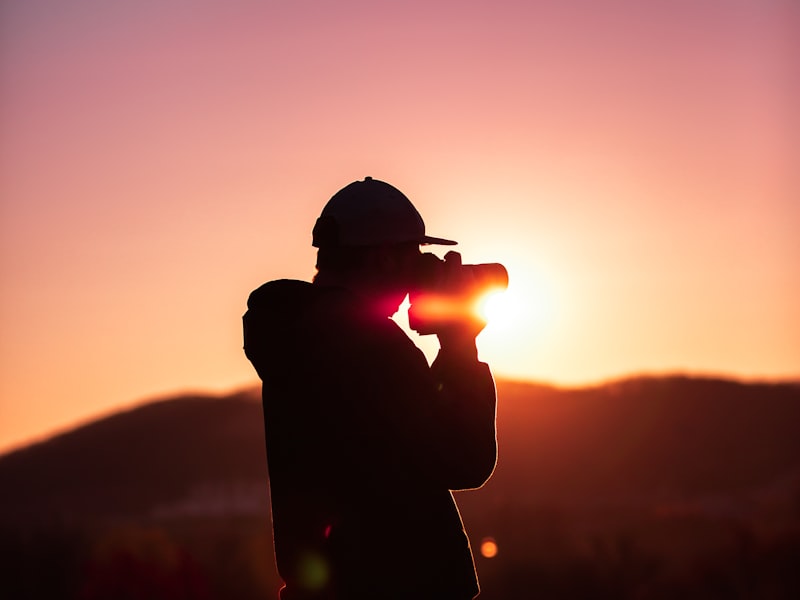Decoding Local Law 152: Your Guide to Gas Inspection in NYC

In New York City, compliance with Local Law 152 is a crucial responsibility for property owners and managers. This law mandates gas inspections to ensure the safety of gas piping systems within buildings. Understanding the intricacies of Local Law 152, including inspection costs, deadlines, and requirements, is essential to avoid penalties and maintain a safe environment for occupants.
From navigating the inspection process to finding qualified plumbers and meeting compliance deadlines, Local Law 152 can seem daunting. However, with www.iagenergy.com and resources, property owners can successfully manage gas inspections to meet city regulations. This guide aims to decode Local Law 152, providing clarity on gas inspection procedures, extension options, and common questions to help property owners stay informed and prepared.
Overview of Local Law 152
Local Law 152 in New York City requires gas piping inspections to be conducted in all buildings with gas service at least once every four years. These inspections aim to ensure the safety of gas piping systems and prevent potential hazards.
The cost of a Local Law 152 inspection can vary depending on factors such as the size of the building and the complexity of the gas piping system. Building owners are responsible for hiring a certified inspector to perform the inspection and for addressing any issues that are identified during the process.
Failure to comply with Local Law 152 requirements can result in penalties and fines. It is crucial for building owners to stay informed about the deadlines for compliance and to make sure that the necessary inspections are completed in a timely manner.
Compliance Requirements
To comply with Local Law 152 in NYC, property owners must ensure that gas piping systems are inspected by a licensed master plumber or licensed oil burner installer. These inspections are crucial for identifying any potential gas leaks or hazards, helping to maintain the safety of residents and buildings.
Property owners are required to submit a report of the gas piping system inspection to the NYC Department of Buildings (DOB) through the online LL152 Gas Inspection Portal. This report must detail the findings of the inspection and any necessary repairs or corrections that need to be made to bring the gas piping system up to code.
It is important to note that failure to comply with the inspection requirements of Local Law 152 can result in penalties and fines. https://www.iagenergy.com/ should be aware of the due dates for inspections as specified by the DOB and ensure that inspections are completed in a timely manner to avoid any potential legal consequences.
Important Deadlines
Firstly, it's crucial to be aware of the deadlines set by Local Law 152 for gas inspections in NYC. Building owners are required to conduct these inspections periodically to ensure compliance with safety standards. Failure to meet these deadlines can result in penalties and fines, so it's important to stay on top of the inspection schedule.
The deadlines for Local Law 152 inspections are based on the last digit of the building's block number. Understanding this system can help building owners proactively plan their inspections and avoid any last-minute rush to meet compliance requirements. It's advisable to confirm the specific deadline applicable to your building and make necessary arrangements in advance.
Additionally, extensions for Local Law 152 inspections can be granted under certain circumstances. However, it's essential to submit extension requests well before the original deadline to allow for processing time. Building owners should be mindful of the extension deadline and ensure all relevant paperwork is submitted in a timely manner to avoid any issues with compliance.
